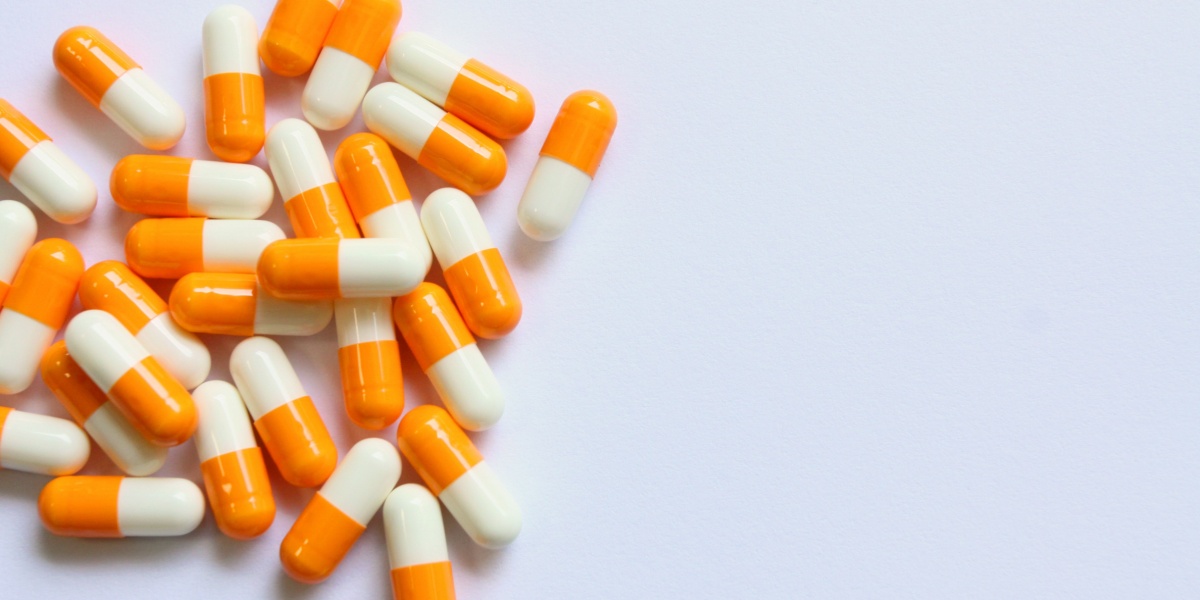Vyvanse is a stimulant medication used to treat ADHD and binge eating disorder. It works by improving focus and controlling impulses, with effects lasting up to 14 hours. Because of its potential for dependence and abuse, it should be taken only as prescribed. Vyvanse can also be detected in the body for several days after use through various drug tests.
- Vyvanse (lisdexamfetamine) is a stimulant medication used to treat ADHD and binge eating disorder.
- The effects of Vyvanse emerge within 90 minutes and last for up to 14 hours.
- Vyvanse can be detected in the body for several days with the use of hair, saliva, urine, and blood tests.

How Vyvanse works in the body
Vyvanse (lisdexamfetamine) is a central nervous system (CNS) stimulant medication used to treat attention-deficit/hyperactivity disorder (ADHD) and binge-eating disorder (BED). It contains lisdexamfetamine, which is a pro-drug of dextroamphetamine. When Vyvanse is ingested, it converts to dextroamphetamine in the body, creating its medicinal effects. [1]
Vyvanse is available as a capsule or chewable tablet in doses ranging from 10 mg to 70 mg. A typical daily dose of Vyvanse is 30 mg to 70 mg.
Vyvanse is a Schedule II controlled substance due to its potential for abuse, dependence, and addiction.
Vyvanse half-life and elimination
Vyvanse has a half-life of around 12-14 hours. Typically, it takes five half-lives for a drug to be entirely eliminated from the body, meaning that Vyvanse can be eliminated within 2-3 days. This can vary from person to person and can depend on several factors. [2]
Lisdexamfetamine is metabolized in the bloodstream, where it is converted to dextroamphetamine. This is metabolized in the liver and excreted primarily in urine. [1]
Vyvanse onset and duration of effects
After ingestion, the effects of Vyvanse emerge in around 90 minutes and continue for around 13 hours. The onset of effects can be delayed by up to one hour if the medication is ingested with food. [1]
Is it possible to keep Vyvanse's effects longer?
The effects of Vyvanse tend to last for around 14 hours. It is recommended to take a single dose of Vyvanse in the morning to prevent it from interfering with sleep. As such, the effects of Vyvanse should last for the whole day, and there should be no need to prolong its effects. [2]
However, this can vary from person to person, depending on individual factors. If a person finds that Vyvanse is not effective, they may require an alternative medication. Extended-release medications containing dextroamphetamine are available, which may be more suitable. The prescribing doctor can assess and make treatment decisions based on individual needs. [3]
Detection times by test type
Vyvanse can be detected in the body through various tests. Drug tests can be used in different circumstances, such as checking compliance during treatment or ensuring abstinence during addiction recovery. Understanding Vyvanse detection times can help inform clinical decisions and identify recent use.
| Test type | Detection period |
|---|---|
| Urine test | Up to 3 days |
| Blood test | 1-2 days |
| Saliva test | Up to 2 days |
| Hair test | 7-90 days |
Urine tests
Vyvanse can be detected in urine for up to 3 days. [4]
Blood tests
Blood tests can detect Vyvanse for 24-48 hours. Unconverted lisdexamfetamine remains detectable in the blood for up to 8 hours, although dextroamphetamine can be detected for up to three days. [1]
Saliva tests
Vyvanse can be detected in saliva for up to two days.
Hair tests
Hair tests can be used to detect Vyvanse use from 7-90 days after use.
Factors influencing detection and duration
Various factors can impact how long Vyvanse can be detected in the body and the duration of its effects. This can include:
- Age
- Weight
- Health conditions
- Liver functioning
- Other medications or substance use
- Frequency and amount of use
How to safely use and withdraw from Vyvanse
Vyvanse should be taken exactly as prescribed to help reduce the risk of adverse effects, abuse, and addiction. It is common for people to develop a physical dependence on Vyvanse, even when it is used as prescribed. [1]
Because of this, stopping Vyvanse can cause withdrawal symptoms, including extreme fatigue, low mood, anxiety, restlessness, and insomnia. The likelihood and severity of withdrawal symptoms may be increased by abrupt stoppage of the medication. Because of this, a gradual dose reduction is advised.
When it is deemed safe and appropriate to discontinue treatment, the prescribing doctor will likely discuss instigating a tapering plan to make gradual dose reductions.


-guide-detail.jpg?v=1722502195)
-Clearance-and-Detection--guide-detail.jpg?v=1744625688)
-guide-detail.jpg?v=1722503514)